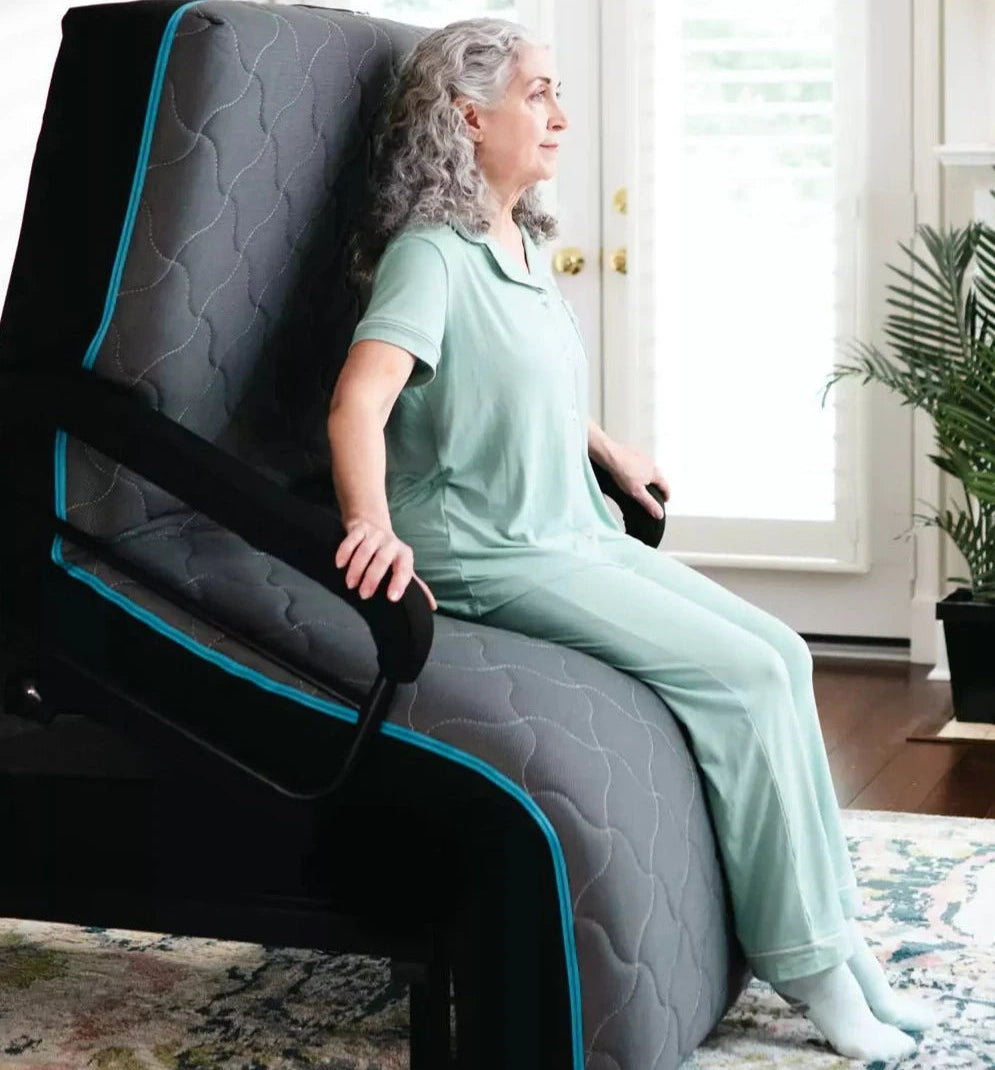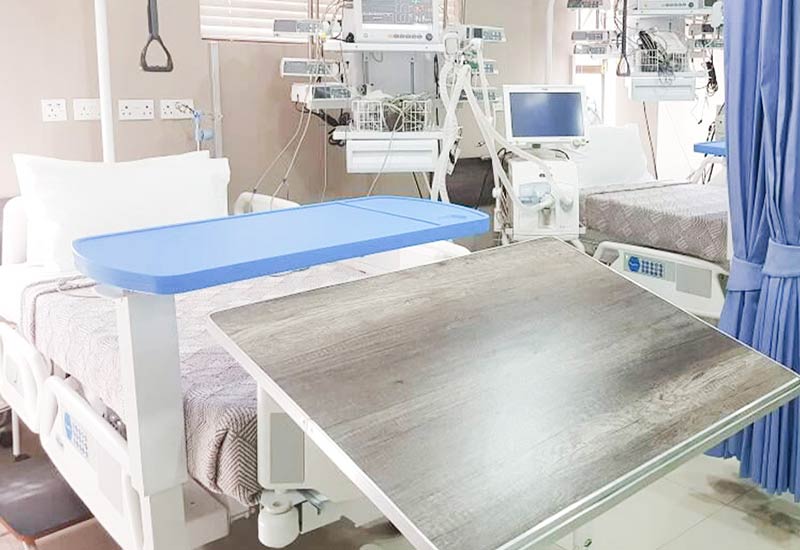The Greatest Guide To Hospital Beds For Home Use
Table of ContentsThe Hospital Beds For Home Use StatementsSome Known Questions About Hospital Beds For Home Use.The Definitive Guide to Hospital Beds For Home UseThe Best Strategy To Use For Hospital Beds For Home UseHospital Beds For Home Use for DummiesThe Facts About Hospital Beds For Home Use UncoveredHow Hospital Beds For Home Use can Save You Time, Stress, and Money.
There are three primary kinds of medical facility beds: manual, semi-electric, and fully-electric. These beds use hand cranks to change the bed's elevation and increase and lower the head and the foot.
Semi-electric beds have an electrical motor to increase and lower the head and foot parts of the bed. Patients and caregivers readjust the positioning by pushing buttons using a hand necklace. The height of the bed is adjusted manually with a hand crank. Full-electric beds have an electric motor that can increase the head and foot areas of the bed in addition to the whole elevation and positioning of the bed.
The smart Trick of Hospital Beds For Home Use That Nobody is Talking About
There are several kinds of medical facility beds, each created to satisfy particular individual needs. Below are some common types: This is the most typical type of health center bed, designed for basic medical usage.
Lower to the ground than a standard bed. This kind of bed is designed for larger patients, with a broader framework and higher weight ability than a common bed.
This sort of bed is designed for critically sick clients that call for open surveillance and specialized medical tools such as ventilators and infusion pumps. This sort of bed is made for usage throughout labor and delivery, with flexible positions and features to sustain the mommy and baby throughout the birth procedure.
Not known Incorrect Statements About Hospital Beds For Home Use
Numerous function and the devices execute expanding traction to different components of the vertebra and the extremities without relocating the human body. These are just a few instances of the sorts of healthcare facility beds offered. The certain kind of bed utilized will rely on the individual's problem, medical requirements, and other factors.
Here is the important things you require to understand. A one-function hospital bed is a clinical bed that allows a patient to relocate only the head or foot section up or down. A 2 function medical facility bed commonly refers to a kind of medical bed that has two flexible functions to assist patients in medical facilities or treatment facilities.

The Buzz on Hospital Beds For Home Use
A 7-function ICU bed is a sort of clinical bed that gives several adjustable features to support critically ill clients in an intensive care unit (ICU) (hospital beds for home use). The 7 features normally include: Backrest adjustment: The back-rest can be changed to various angles to you could try these out help the person stay up or rest comfortably
Elevation adjustment: The bed can be elevated or lowered to make it easier for individuals to get in and out of bed, and for caretakers to supply treatment. Trendelenburg position: The entire bed can be slanted to promote blood circulation and flow in the body. Reverse Trendelenburg placement: The bed can additionally be slanted in the opposite direction to promote blood circulation and circulation in the upper body.
1. What Dimension is a Hospital Bed? 2. Just how much Does a Hospital Bed Cost? 3. Why Do Medical Facility Beds Have Side Rails? 4. What Are The Main Medical Facility Bed Components?. While even more cost effective than electrical versions, these beds call for exertion for adjustments. The primary benefits of hand-operated beds are their cost and reliability, as they don't rely on power. However, the demand for hands-on effort can be a restriction in scenarios where fast adjustments are necessary or where caregivers deal with physical difficulties.
The 45-Second Trick For Hospital Beds For Home Use
Semi-electric medical facility beds offer an equilibrium of guidebook and electric controls. These beds provide an excellent center ground between handbook and fully electrical choices, providing simplicity of usage without the complete expense of electrical designs.
Semi-electric beds are fit for patients who need moderate changes to the head and foot sections but can handle without constant height modifications. This makes them an economical service for those looking for convenience and benefit without the demand for constant repositioning. Fully electrical medical facility beds include electric controls for smooth modifications to the elevation, head, and foot sections.
Specialty hospital beds, such as ICU beds, long-lasting treatment beds, and bariatric beds, are carefully made to address particular medical needs. These beds provide tailored care for diverse person teams, enhancing both results and comfort. In the complying with sections, we will certainly explore the primary sorts of specialized hospital beds, detailing their details advantages and applications.
With years of experience in manufacturing electric direct actuators - hospital beds for home use and close collaboration with the healthcare industry, TiMOTION is well-positioned to give trustworthy healthcare solutions. Our vertically incorporated firm takes care of every action of the manufacturing process, from style to actuator assembly, ensuring we supply exceptional worth and personalized options tailored to your specific needs
How Hospital Beds For Home Use can Save You Time, Stress, and Money.

To read more about integrating these innovations right into your products, call us today. Further reading:.
Information is sourced from the Medicare Expense Report.

6 Simple Techniques For Hospital Beds For Home Use
A medical facility bed is a bed developed especially for clinical objectives. It is not only a place for people to relax, yet likewise a platform for medical operations. Unlike average home beds, healthcare facility beds usually have adjustable functions, which can promote clinical team to make different changes according to the demands of patients, such as altering the height, inclination, and support angle of the back and legs of the bed.